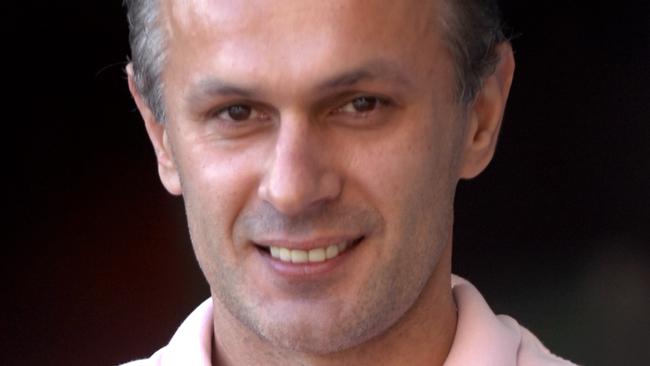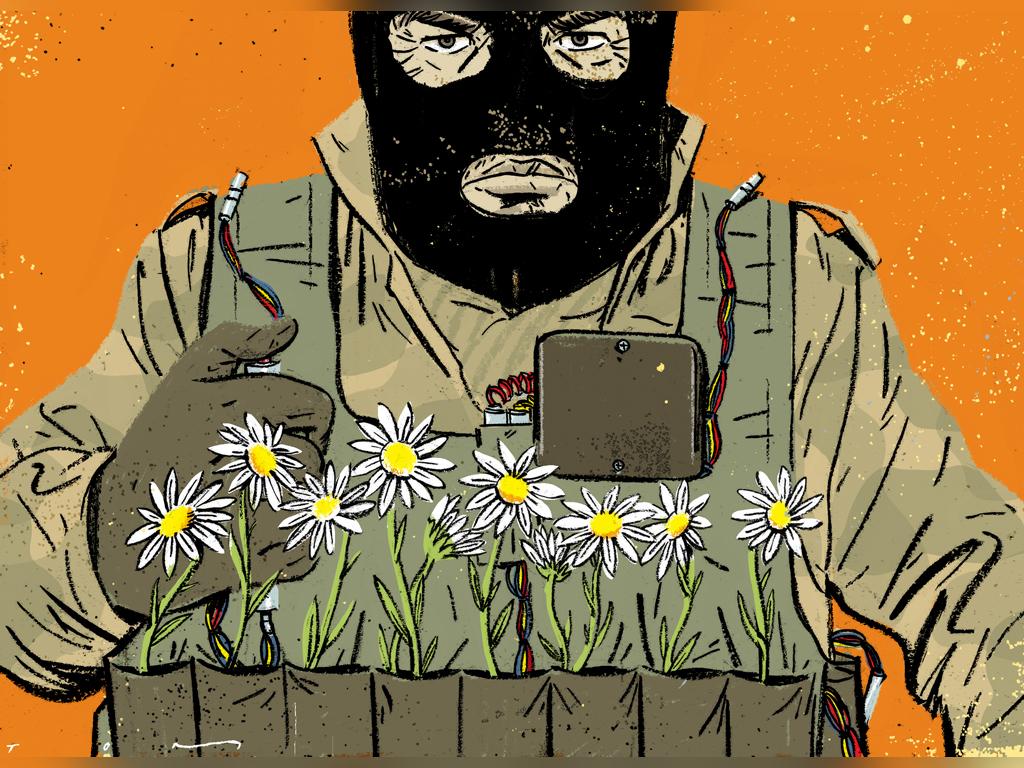Deradicalisation ‘still has a long way to go’
Australian deradicalisation programs have had some success but we're a long way off finding a way to ensure participants loses their extremist views.

Australian deradicalisation programs have had some success with terrorists but we’re a long way off finding a way to ensure every participant loses their extremist views, one of the country's top experts in the field says.
Clarke Jones from the Australian National University said programs in Victorian and NSW prisons, which house the bulk of convicted terrorists, have made some progress over the years but no such program was perfect.
Sentencing expert and dean of law at Swinburne University Mirko Bagaric has called for a mandatory 30-year prison term for any adult convicted of a terrorism offence that involves killing or the attempted killing of another person.
Writing in The Australian, Professor Bagaric says “there is not a single program that has been proven to be effective at positively changing the attitudinal mindset of terrorists” and people aged 55 and over were less likely to reoffend.
“The solution to dealing with terrorists is to ensure the penalties they receive result in them being incarcerated until they are much, much older,” he writes.
“This will ensure the community is protected from them for at least 30 years and that on release they are unlikely to offend. Any other sentencing approach is an abdication of the protective responsibility that governments and courts have to their citizens.”
The Australian is aware of two cases where two people involved in intervention programs have gone on to be accused of plotting terrorist attacks in Australia.
London Bridge attacker Usman Khan, who killed two people before being shot dead by police on Saturday (AEDST), participated in a “healthy identity intervention” program before being released from jail over a 2012 terror plot, according to The Times. Multiple programs have been set up across Australia in recent years, and Dr Jones said the two main prison-based schemes had “some success”.
“To be fair, I think the Community-Integrated Support Program run by Victoria Police and Corrections Victoria has had some success. It’s very much a learning as you go situation,” he said. “The PRISM program in NSW, they may have had one or two cases of success. But are they actually reaching the hardcore or the inmates they really need to be working on?”
He said there was much debate in recent years about the success of deradicalisation, but “in all fairness, it’s a field everyone’s still learning and trying to strive to improve and do the right thing”.
“I would suggest there’s a number of issues,’’ he said.
“It’s got to be the right program for the right person and there’s all sorts of complexities around culture and religion.
“We talk about responsivity — what makes someone want to be part of the program or eligible for the program? What helps them stay in the program and what are the measures of success when they’re released … into the community? We’ve a lot more work to do to work around those challenges.”



